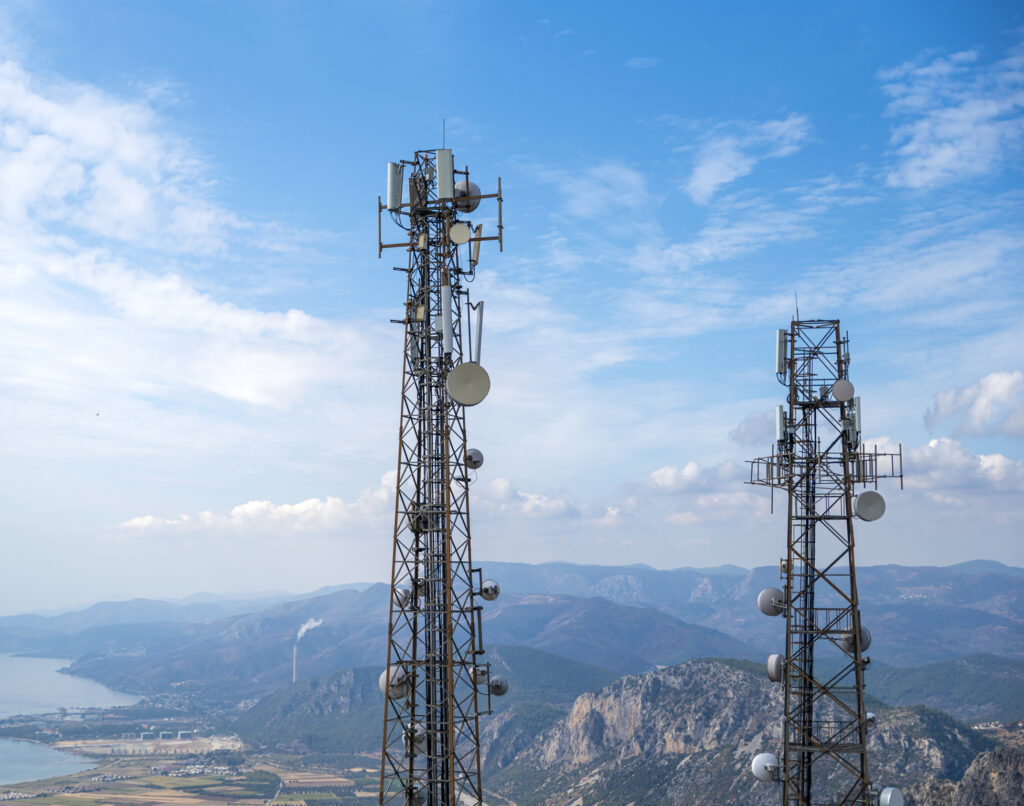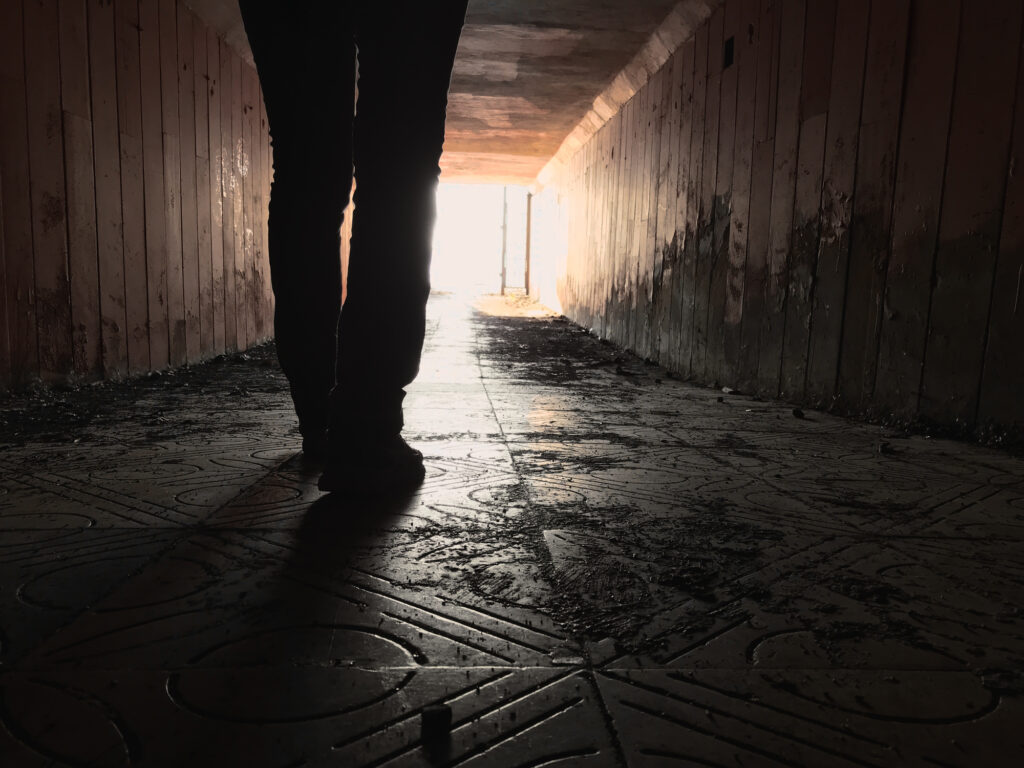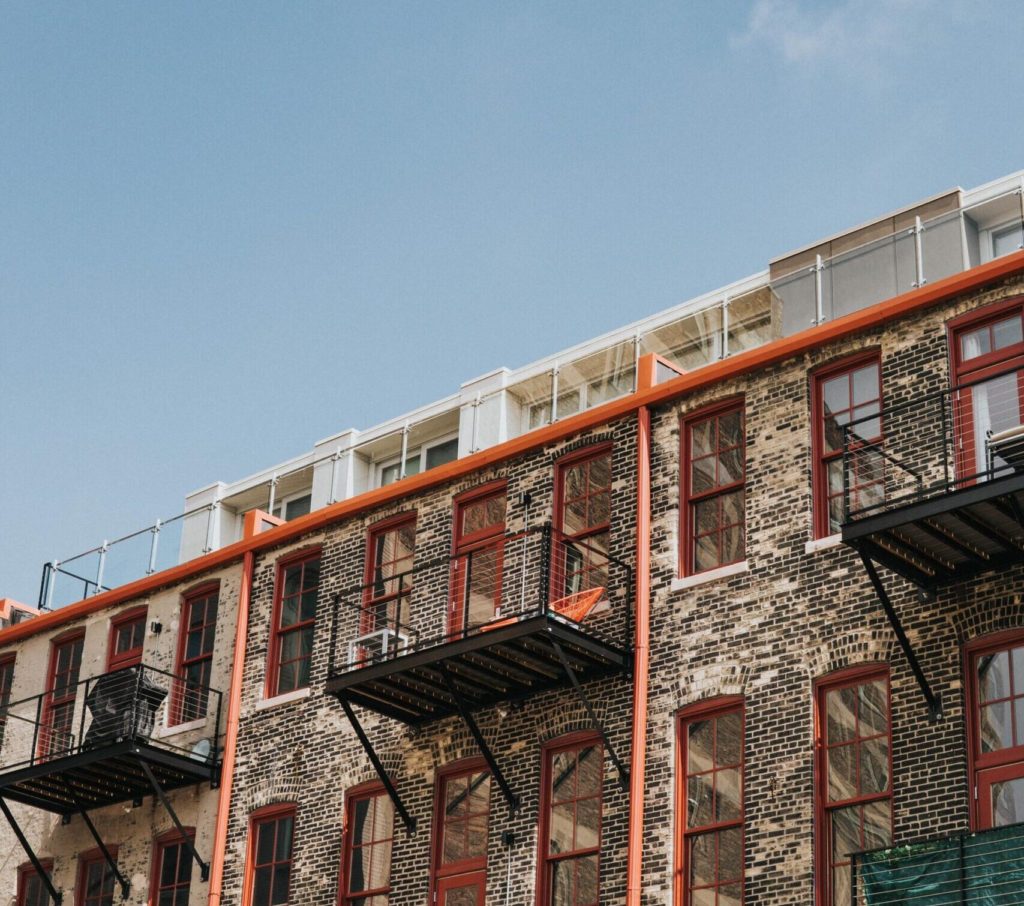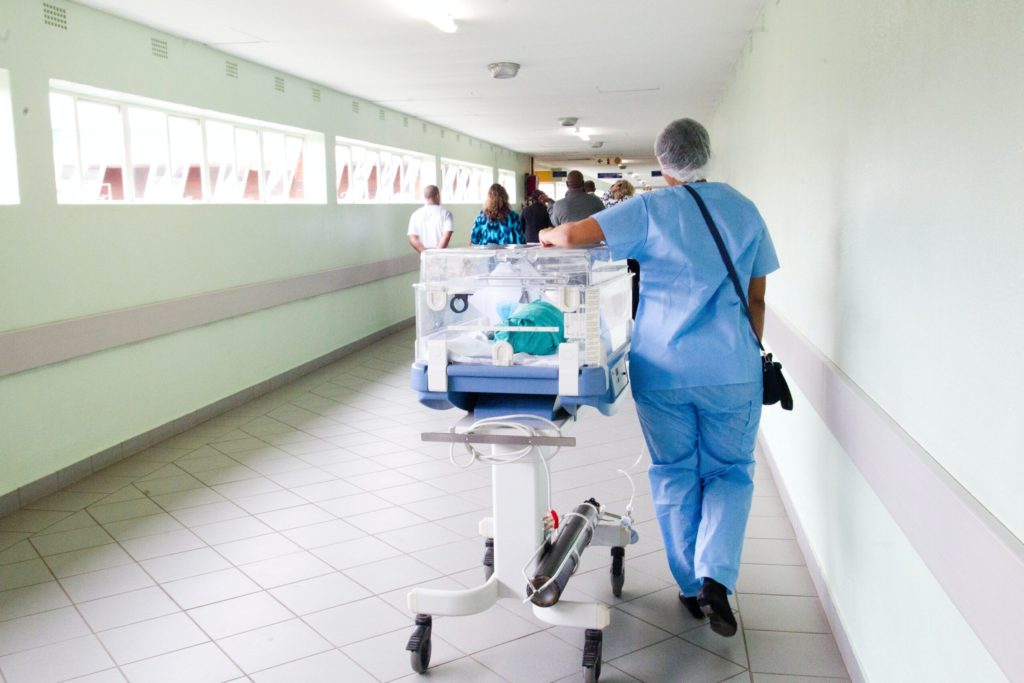
Community-Centered Approaches to Expanding Birmingham’s Broadband Infrastructure
In Alabama’s Black Belt, the digital divide has compounded issues related to racial discrimination, high poverty, and limited access to healthcare services. Nine counties in the Black Belt have less than 30% access to broadband, and even in Black Belt cities with established infrastructure, like Birmingham, many residents face cost... Read more

Developing a Regional Continuum of Care For Those Experiencing Homelessness
Seattle and King County rank in the top three areas in the country in homelessness on a per-capita basis, with more than 22,000 households and nearly 4,500 public school students experiencing homelessness in 2018 alone. And, unfortunately, homelessness has only worsened during the COVID-19 pandemic. The pandemic has also introduced... Read more

Increasing Access to Employment Opportunities for Every Milwaukeean
In Milwaukee, more than 17 percent of Black residents are unemployed, compared to more than 4 percent of white residents. A key to closing this widening economic gap is giving individuals more workforce development opportunities and access to job prospects. Employ Milwaukee, the local workforce development board serving Milwaukee County,... Read more

Bolstering Homeownership to Build Neighborhood Resilience
Like many U.S. cities, Milwaukee is dealing with an affordable housing crisis, with many residents often spending 50 to 80 percent of their income on rent or mortgage payments and homeownership rates dropping by nearly 14% over the last decade. Black residents in Milwaukee are especially strained, with 40% of... Read more

Addressing Health Inequities Related to Virus Prevention and Treatment
Atlanta is navigating a dual-pandemic, with city leaders focused on combating the spread of COVID-19 while also battling the continued spread of HIV/AIDS in pockets of communities. The HIV/AIDs pandemic has infected one out of every 51 Atlanta residents, and of those infected, 66 percent are Black. The COVID-19 health... Read more

Investing in Food Ecosystem to Provide New Pathways to Employment
In Houston, an estimated 725,000 people are food insecure, 500,000 of whom are living in federally designated districts where the closest supermarket is more than a mile away. These districts are found predominantly in the city’s historically underinvested communities, neighborhoods in which economic inequity has endured for generations. Exacerbating these... Read more

Expanding Digital Access to Increase Educational Outcomes
While access to wifi and high-speed internet are often taken for granted, in Houston, more than 142,500 households do not have a computer, and over 267,000 households lack broadband internet access. These communities are often historically underinvested and present significant hurdles for residents, preventing them from harnessing the power of... Read more

Targeting Health Inequities for Black Residents
The New Orleans Health Department (NOHD) recently conducted a comprehensive community health assessment to gain an inclusive picture of the health status of residents. The assessment revealed five main social determinants of health — crime and violence, insufficient infrastructure, unhealthy environments, lack of jobs and fair wages, and low-quality and... Read more
